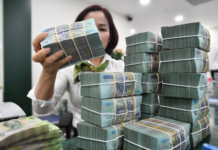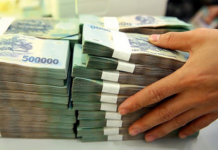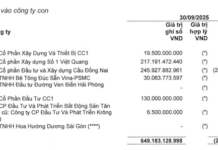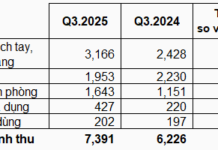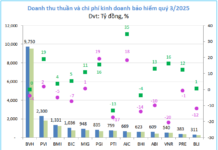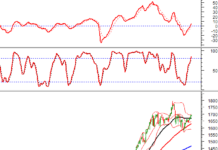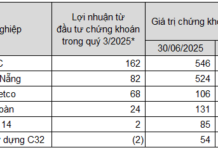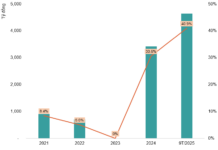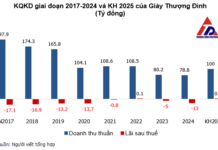Soda Tax: Unveiling the Socio-Economic Fallout
The proposal to impose a special consumption tax (SCT) on sugary drinks in Vietnam has sparked a flurry of opposing views. One perspective argues that levying an SCT on sugary beverages won’t achieve the intended health and economic goals, and may even inflict significant harm on ancillary industries and the economy at large.
According to a research report by CIEM assessing the socio-economic impact of the special consumption tax, should sugary drinks be subjected to a 10% SCT, the economy stands to lose a staggering 880.4 billion VND.1
Mr. Nguyen Van Phung, a member of the Standing Committee of the Vietnam Association of Accounting and Auditing, shared his concerns at a scientific workshop on non-communicable diseases in Vietnam, organized by the Vietnam Community Health Education Association (VACHE). He opined that imposing a special consumption tax on soft drinks would not augment the state budget as intended, but instead, significantly impact the soft drink industry and related ancillary industries such as sugar, retail, packaging, and logistics.
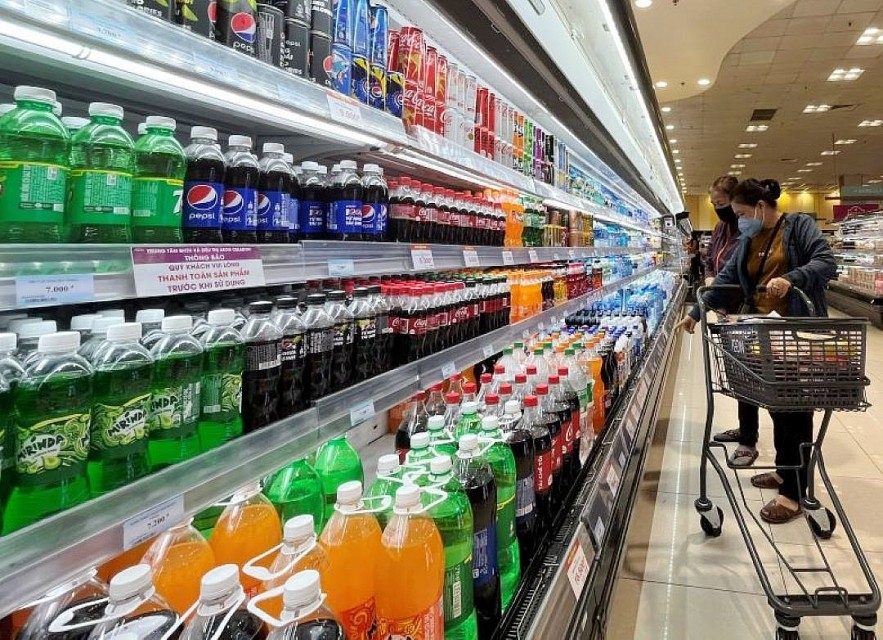
Illustration – KT
Businesses are already burdened with multiple taxes and costs, including value-added tax, import-export tax, recycling fees, waste treatment charges, and expenses associated with greenhouse gas inventory responsibilities, emission fees, and impending water discharge fees. These financial obligations pose a substantial challenge to businesses, especially as they grapple with post-pandemic recovery and navigate the broader challenges of the global economic landscape.
Controversy Over Effectiveness in Improving Public Health
The Ministry of Finance has proposed levying a special consumption tax on sugary drinks to curb obesity and safeguard community health. However, the effectiveness of this proposal remains unconvincing.
Firstly, there is insufficient scientific evidence directly linking soft drinks to obesity.
PGS.TS.BS. Nguyen Thi Lam, former Vice Director of the National Institute of Nutrition, attributes obesity primarily to an imbalanced diet (high in calorie content), physical inactivity, genetic factors, and hormonal influences.
A report by the Institute of Nutrition revealed that while the prevalence of obesity among urban students in Vietnam far exceeded that of their rural counterparts (41.9% vs. 17.8%), the regular consumption of sugary drinks was lower among urban students compared to their rural peers (16.1% vs. 21.6%)2, casting doubt on the direct correlation between soft drink consumption and obesity.
Secondly, imposing a special consumption tax on soft drinks does not guarantee a solution to non-communicable diseases, including obesity.
Mr. Nguyen Van Phung pointed out that consumers could easily switch to alternative food products, which may also contribute to non-communicable diseases. The tax instrument may fail to alter consumer behavior and could inadvertently encourage the consumption of smuggled goods and uncontrolled street food.

Ms. Nguyen Minh Thao, Head of the Business Environment and Competitiveness Research Division at the Central Institute for Economic Management (CIEM), cautioned that amid the myriad challenges facing Vietnam’s economy, the imposition of an SCT on sugary drinks warrants careful consideration to avert unintended consequences. The government should thoughtfully weigh socio-economic factors and devise appropriate policies to safeguard community health without compromising the economy.
Seeking Feedback on the Impact of the Water Extraction Project
The government has implemented a regulation that requires consultation with community representatives and relevant organizations or individuals regarding the impact of water extraction projects. This process ensures that the potential effects of such projects on the local community and environment are carefully considered and addressed. By seeking input from those directly affected, the government aims to make informed decisions that balance the needs of all stakeholders involved.
The New Tran De Industrial Park: Unlocking Economic Growth with an Initial Investment of 800 Billion VND
Approved for investment in 2020, with an expected completion date and investor attraction by the end of 2021, the Tran De Industrial Zone has faced significant delays over the years, impacting the local economy and society. As of now, the project has only achieved 65% of its total investment, equivalent to approximately VND 800 billion.









